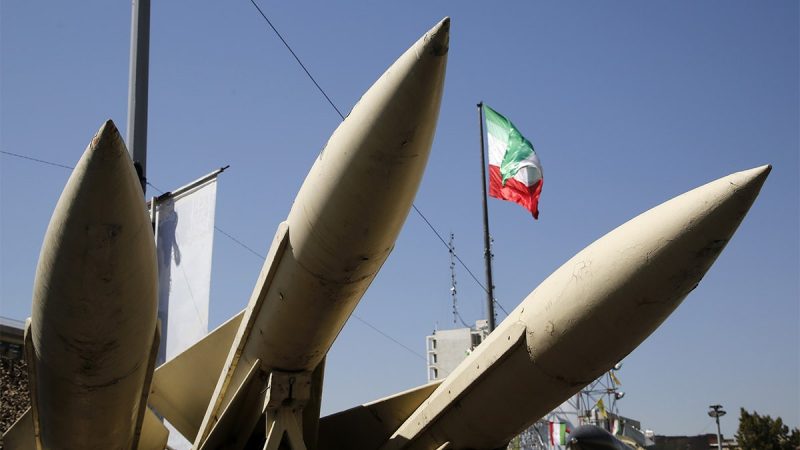Latest News
21-11-2024 11:28
0 Views
Iran’s Covert Missile and Drone Programs: A Sneaky Ploy to Dodge Sanctions!

In recent news, it has become increasingly evident that Iran is reportedly concealing its missile and drone programs under the guise of commercial fronts to avoid sanctions. This news underscores the complexity and multifaceted nature of the current geopolitical scenario, as well as the extensive lengths to which Iran is prepared to go to develop its military programs.
This clandestine operation was first reported by Iran Watch, a watchdog group focused on Iran's weapon-related activities, stating that Iran has been expertly using commercial entities as a cover-up for its missile production and drone programs. Such tactics enable Iran to elude the international sanctions imposed by various countries and engage in arms development programs.
Iran's use of shell companies and commercial entities to hide its military objectives has affected global safety and security. This strategic move cleverly allows the country to bypass international sanctions, which were set in place to restrict its military potency.
Interestingly, while Iran’s missile program isn’t in violation of the 2015 nuclear deal – also known as the Joint Comprehensive Plan of Action (JCPOA) – it stands in direct violation of UN resolution 2231, which calls upon Iran to refrain from undertaking any activity related to ballistic missiles designed to be capable of delivering nuclear weapons.
Further, an Iranian company known as Qeshm Fars Air is one such commercial front. This firm, which operates ostensibly as a cargo airline, is suspected of aiding the Islamic Revolutionary Guard Corps (IRGC) in transporting military-related items, including ballistic missile components.
Europol, the European Union's law enforcement agency, further echoed these claims as it reported on the elaborate system of fake companies the IRGC purportedly uses. These companies, while apparently being non-military, have reportedly been seen frequently conducting transactions that are definitively military in nature.
While this situation continues to evolve, it serves as a crucial reminder of how deception and illusion can further complicate the geopolitical puzzle, potentially disturbing peace and security across the globe. The case also underscores the significance of implementing stringent enforcement measures and maintaining robust surveillance to prevent such illicit activities in the future.
Furthermore, the current situation also prompts revisiting and potentially revising the existing sanctions and arms control agreements. This measure would aim to adequately address such clandestine operations. The international community needs to ensure all countries adhere to their obligations, thereby maintaining global security.
In a nutshell, Iran's strategies demonstrate how countries can exploit loopholes in international laws and agreements to further their military objectives. However, this elaborate ruse does not undermine the potential risks and consequences of such actions on global safety and security. The continual monitoring by watchdog groups and international bodies like Iran Watch plays a critical role in revealing such duplicitous activities, ensuring regular updates about Iran's military capabilities and intentions – while shedding light on its concealed tactics.




